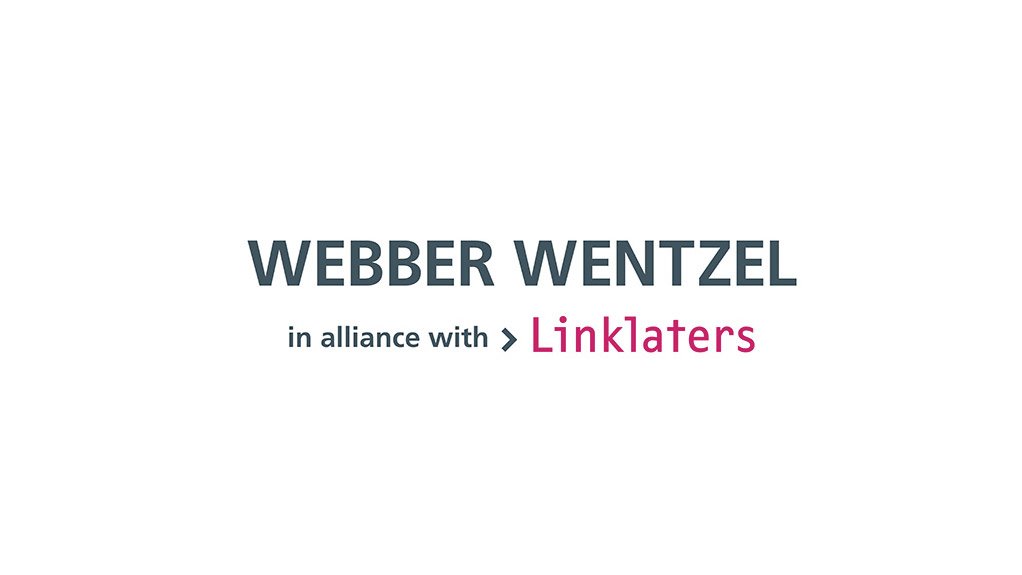What National Treasury have dubbed the "first batch" of the draft Taxation Laws Amendment Bill (TLAB) proposes two main sets of amendments, namely changes to the tax treatment of the risk businesses of long-term insurers, and clarification of the fringe benefit valuation rules with regards to defined benefit funds in terms of the suite of reforms to retirement savings coming into effect on 1 March 2015.
The first set of amendments concerns the tax treatment of the risk businesses of long-term insurers. The draft TLAB proposes a clear distinction between the taxation of investment and risk business carried out by long term insurers. The intention is to tax the insurer in respect of "profits earned" from running the insurance business. The liabilities of each policyholder fund will be required to be actuarially valued at the end of each year of assessment and, to the extent that the assets exceed the liabilities, the surplus must be transferred to the corporate fund where it will be taxed at the corporate income tax rate. The proposal amendment is intended to be implemented from 1 January 2016.
The second set of amendments relates to the prescribed methodology by which notional employer's contributions to a defined benefit fund will be calculated for fringe benefit and deduction purposes. From 1 March 2015, employer contributions to all retirement funds, including defined benefit funds, will be a taxable fringe benefit in the hands of employees, with a corresponding deduction for the employee available up to new limits (being 27.5% of remuneration or taxable income, whichever is greater, capped at ZAR350 000 per annum). The amendment proposes that the fringe benefit with respect to defined benefit funds will be determined based on the concept of a "fund member category factor". The fringe benefit will be calculated by the employer by multiplying the pensionable salary by the fund member category factor provided in a contribution certificate, less any employee contributions. The pension fund will provide the employer with the certificate, having calculated the factor in accordance with draft regulations also issued with the draft Bill.
The proposed amendment will affect the manner in which employers calculate the fringe benefit on employee IRP5 certificates from 1 March 2015.
EMAIL THIS ARTICLE SAVE THIS ARTICLE
To subscribe email subscriptions@creamermedia.co.za or click here
To advertise email advertising@creamermedia.co.za or click here











